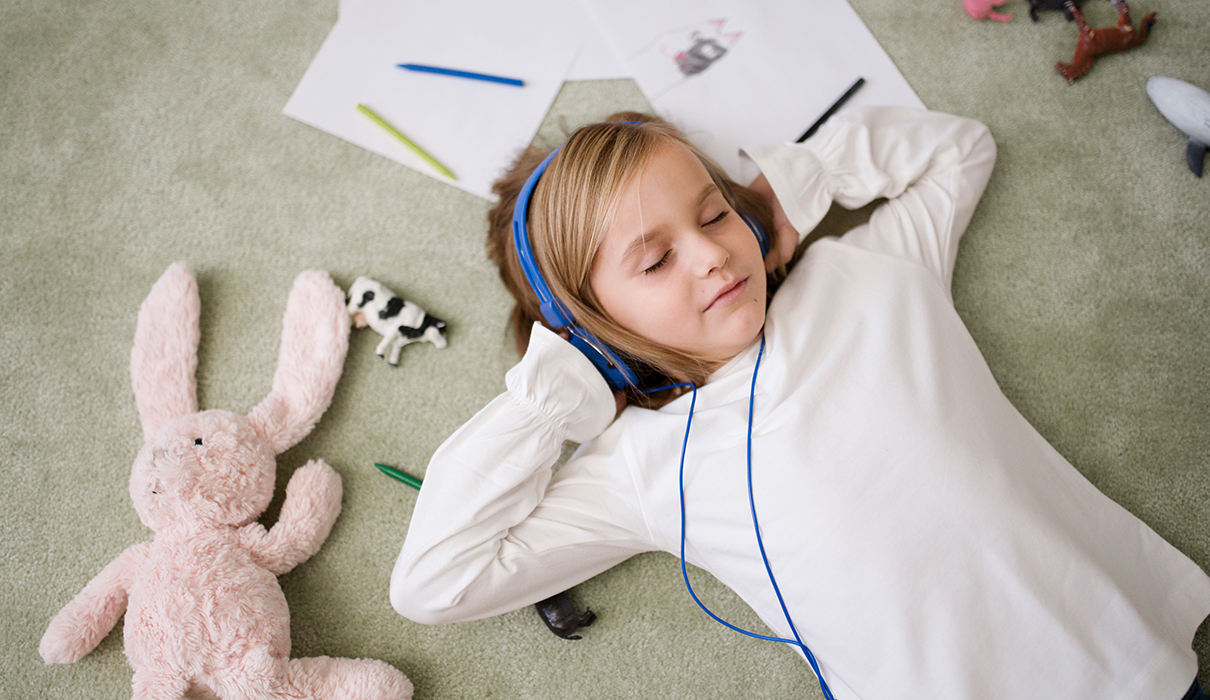Quality sleep is essential for children’s overall well-being. In this blog, we’ll explore effective tips and techniques for establishing healthy sleep habits in kids, ensuring they get the rest they need for optimal growth and development.
“Ensuring your child gets enough quality sleep is essential for their physical and mental well-being. By implementing these tips, you can help your child develop healthy sleep habits that last a lifetime.”
Understanding the Importance of Sleep
Getting enough sleep is super important for kids. It helps their bodies grow and their brains develop. When kids sleep well, they feel happier and have more energy to play and learn. Sleep also helps kids concentrate and do well in school. It gives their bodies a chance to rest and recharge the next day. Without enough sleep, kids might feel grumpy, tired, and have trouble paying attention. So, getting a good night’s sleep is key for kids to stay healthy and happy!
Common Sleep Challenges in Kids
Sometimes kids have trouble sleeping, which is normal. One common challenge is bedtime resistance, where kids don’t want to go to bed. They might also wake up during the night and have trouble falling back asleep. Another challenge is waking up too early in the morning, even if they’re still tired. Some kids might have nightmares or feel scared at bedtime, making it hard for them to sleep. Restless legs or other discomforts can also disrupt sleep for kids. These challenges can make it tough for kids to get the good sleep they need to feel their best.
Creating a Consistent Bedtime Routine
Creating a bedtime routine means doing the same things before bed every night. It helps kids know it’s time to sleep soon. A routine might include things like brushing teeth, reading a bedtime story, or listening to calming music. Doing these things in the same order every night helps kids relax and feel sleepy. Consistency is key, so try to stick to the routine every night. Over time, it becomes a habit that signals to the body that it’s time to wind down and sleep. A bedtime routine can make bedtime easier and help kids sleep better.
Optimizing the Sleep Environment
Optimizing the sleep environment means making the bedroom a comfy place to sleep. Keep the room dark and quiet, like a cozy cave. Make sure the temperature is just right—not too hot or too cold. Soft blankets and comfy pillows can make the bed feel like a cloud. Keep screens away before bed, as they can make it hard to fall asleep. With a peaceful sleep environment, kids can drift off to dreamland easily. A cozy bedroom helps them get the restful sleep they need to wake up refreshed in the morning.



Limiting Screen Time Before Bed
Limiting screen time before bed means putting away phones, tablets, and TVs before it’s time to sleep. Screens emit light that can trick the brain into thinking it’s still daytime, making it harder to fall asleep. Instead, try relaxing activities like reading a book or telling stories. By avoiding screens before bed, kids can relax and get ready for a good night’s sleep. It’s like giving their brains a chance to unwind and get ready for dreamland. So, turn off those screens and let the sleepiness begin!
Encouraging Physical Activity
Encouraging physical activity in kids means getting them moving and playing every day. Activities like running, jumping, and playing sports help keep their bodies strong and healthy. It’s like giving their muscles and bones a workout to grow big and strong. Plus, physical activity is fun and gives kids lots of energy to play and explore. Whether it’s playing tag in the park or kicking a ball around, every bit of activity counts. So, let’s get moving and have fun staying active together!
Managing Bedtime Anxiety
Managing bedtime anxiety in kids means helping them feel calm and safe at bedtime. Create a soothing bedtime routine with calming activities like reading or gentle music. Offer reassurance and comfort to ease their worries and fears. Talk to them about their feelings and help them understand that it’s okay to feel anxious sometimes. Create a cozy sleep environment with soft blankets and dim lighting. Encourage deep breathing or relaxation exercises to help them relax before sleep. With patience and support, bedtime anxiety can be managed, and kids can drift off to sleep feeling peaceful and secure.
Setting a Consistent Sleep Schedule
Setting a consistent sleep schedule for kids means going to bed and waking up at the same time every day. This helps regulate their body clock and improve the quality of their sleep. Consistency is key, even on weekends, to keep their sleep routine on track. A regular bedtime routine can include activities like brushing teeth and reading a bedtime story. By sticking to a schedule, kids can feel more rested and energized during the day. Plus, it helps them fall asleep faster and wake up feeling refreshed. So, let’s establish a consistent sleep schedule for happier, healthier kids!
Providing Comfort and Security
Providing comfort and security to kids means creating a cozy and safe sleep environment. Offer them their favorite stuffed animals or blankets to cuddle with at bedtime. Let them choose special comfort items that make them feel secure. Reassure them with hugs and kind words to help ease any worries or fears. Making their bedroom a comforting haven helps kids feel relaxed and ready for sleep. With a sense of security, they can drift off to dreamland, feeling loved and protected. So, let’s surround our little ones with comfort and warmth for a peaceful night’s sleep at bedtime. Encourage your child to choose a special comfort item to sleep with.
Seeking Professional Help When Needed
Seeking professional help when needed means reaching out to doctors or sleep specialists if your child continues to struggle with sleep. These experts can offer guidance and support tailored to your child’s individual needs. They can help identify any underlying issues causing sleep problems and recommend effective solutions. Don’t hesitate to seek help if your child’s sleep troubles persist despite your efforts. Professional assistance can make a big difference in improving your child’s sleep and overall well-being. Remember, you’re not alone, and there are resources available to help your child get the rest they need. So, don’t hesitate to reach out for support when needed!
Conclusion
In conclusion, establishing healthy sleep habits in kids is essential for their overall well-being and development. By implementing the tips and techniques outlined in this guide, parents can create a supportive sleep environment and promote restful nights for their children. Consistency, patience, and understanding are key to helping children develop positive sleep routines. Remember, every child is unique, so feel free to adapt these strategies to suit your child’s individual needs and preferences. With dedication and care, parents can help their children enjoy restful nights and wake up feeling refreshed and ready to tackle the day ahead. Here’s to unlocking sweet dreams for your little ones!
FAQ's
- How much sleep do kids need?
Children aged 3-5 typically need 10-13 hours of sleep per night, while school-aged children (6-12 years) require 9-12 hours. - How can I create a bedtime routine?
Start by establishing a consistent bedtime and incorporating calming activities like reading or gentle stretching. - Is it normal for kids to have nightmares?
Nightmares are common in children and usually resolve on their own. Reassure your child and create a calm sleep environment. - How do I manage bedtime anxiety in kids?
Create a calming bedtime routine and offer reassurance to help your child feel safe and secure at night. - What if my child refuses to sleep alone?
Gradually encourage independence by praising your child for sleeping alone and providing comfort items for reassurance.

